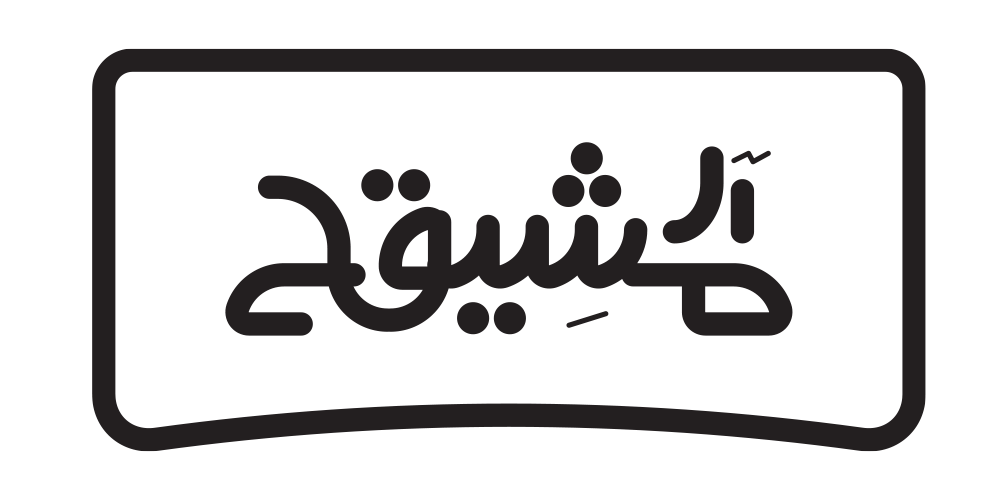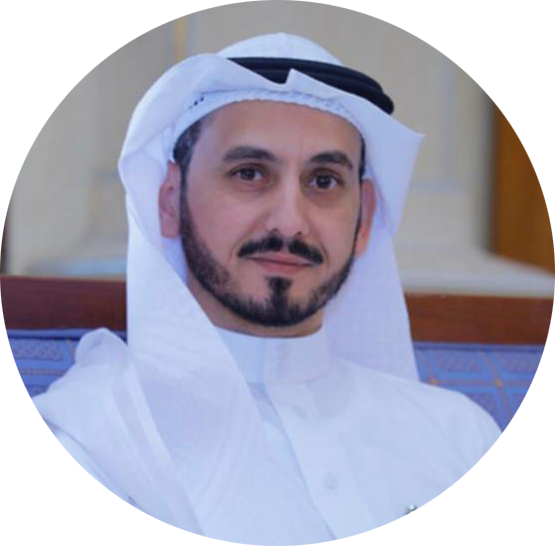As the pace of technological advancement continues, audit firms face the difficult task of figuring out ways to harness and apply these new technologies to their clients and their own benefit. Many of these innovative technology aren’t options, but necessary for a future in auditing.
Machine-learning, data analytics and robotic process automation are among the most advanced technology tools making an enormous impact for auditors. These tools help auditors gain an in-depth understanding of the client’s processes such as inventory, process, and system controls. They can then communicate the information to management and boards.
Another emerging tool is blockchain, which can cut down on the time of financial transaction clearance from months to a matter of hours. This could allow for continuous risk assessments to be performed during the audit period, rather than a single annual assessment.
Argus is an example of a software which makes use of artificial intelligence to decrease the amount of manual review and processing that is needed during an audit. It makes use of machine learning and natural language processing to swiftly browse through electronic document files and allows auditors to concentrate on more valuable tasks like assessing risk and confirming results.
However, there remain several obstacles that may hinder the acceptance of these technologies. Particularly, for companies which pay employees according to hourly billing, it might be difficult to find time to play around with the latest technology tools. Additionally, the cost of the initial investment and ongoing support and maintenance can be a significant consideration. However, with continued collaboration between audit firms and standard setters, as well as regulators These challenges can be overcome.
https://data-audit.net/2022/01/04/software-that-automates-the-process-of-managing-documents


